Introduction
Let’s face it—healthcare digital marketing isn’t like selling the latest smartphone or trendy sneakers. You’re not just trying to catch people’s attention; you’re reaching out to potential patients who trust you with their well-being. That’s a big deal!
In today’s digital age, having a strong online presence is crucial for engaging patients and building that trust. But where do you start? From creating patient personas to boosting your social media game, healthcare digital marketing has its own set of rules.
In this blog, we’re diving into 9 essential tips that will help you navigate this landscape. Whether you're a seasoned pro or just dipping your toes into healthcare digital marketing waters, these strategies will help you connect with patients in a meaningful way, grow your practice, and stay ahead of the curve.
Ready to take your healthcare digital marketing to the next level? Let’s get started!
Tip 1: Understand Your Audience
Knowing your audience is the foundation of effective healthcare digital marketing. If you don’t know who you’re targeting, your efforts will be wasted. Here are some ways to understand your audience better.
Identify Your Target Audience
Identifying the right audience for your healthcare digital marketing is extremely important .
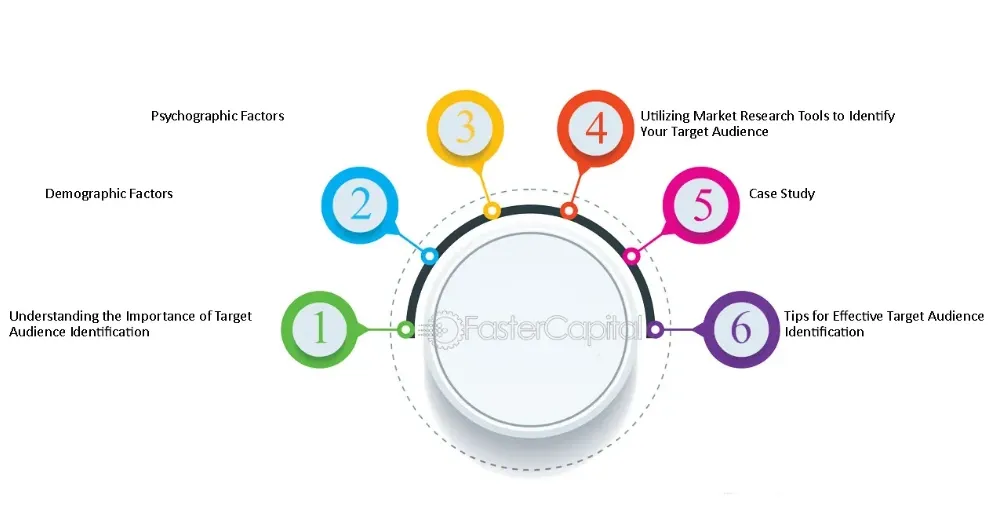
- Patient Demographics: Understand the age, gender, location, and socioeconomic status of your patients. For example, a pediatric clinic will target parents of young children, while a geriatric clinic will focus on older adults.
- Health Concerns: Identify common health issues your patients face. A cardiologist’s audience will be interested in heart health, while a dermatologist’s patients will seek skin care advice.
Use Data and Analytics
Make use of available data and analytics to make better-informed decisions in healthcare digital marketing:
- Website Analytics: Tools like Google Analytics can show you who visits your site, how they found you, and what they’re looking for. For instance, if you notice a lot of traffic from people searching for “diabetes management,” you can create more content on that topic.
- Patient Surveys: Direct feedback from patients can provide insights into their needs and preferences. For example, a survey might reveal that patients prefer online booking over phone calls.
Create Patient Personas
Understanding your audience starts with creating patient personas. These fictional profiles help you tailor content and services to meet their specific needs, making your healthcare digital marketing feel personal, not like a one-size-fits-all prescription.
- Detailed Profiles: Develop profiles of your ideal patients, including their demographics, health concerns, and preferred communication channels. For example, “Mary, a 45-year-old working mother with hypertension, prefers email reminders for appointments.”
- Tailored Messaging: Use these personas to tailor your healthcare digital marketing messages. If Mary prefers email, make sure your healthcare digital marketing includes email campaigns with tips on managing hypertension.
Tip 2: Optimize Your Website
Your website is often the first impression potential patients have of your practice. It needs to be user-friendly, informative, and optimized for search engines. Here’s how to improve your website for healthcare digital marketing.
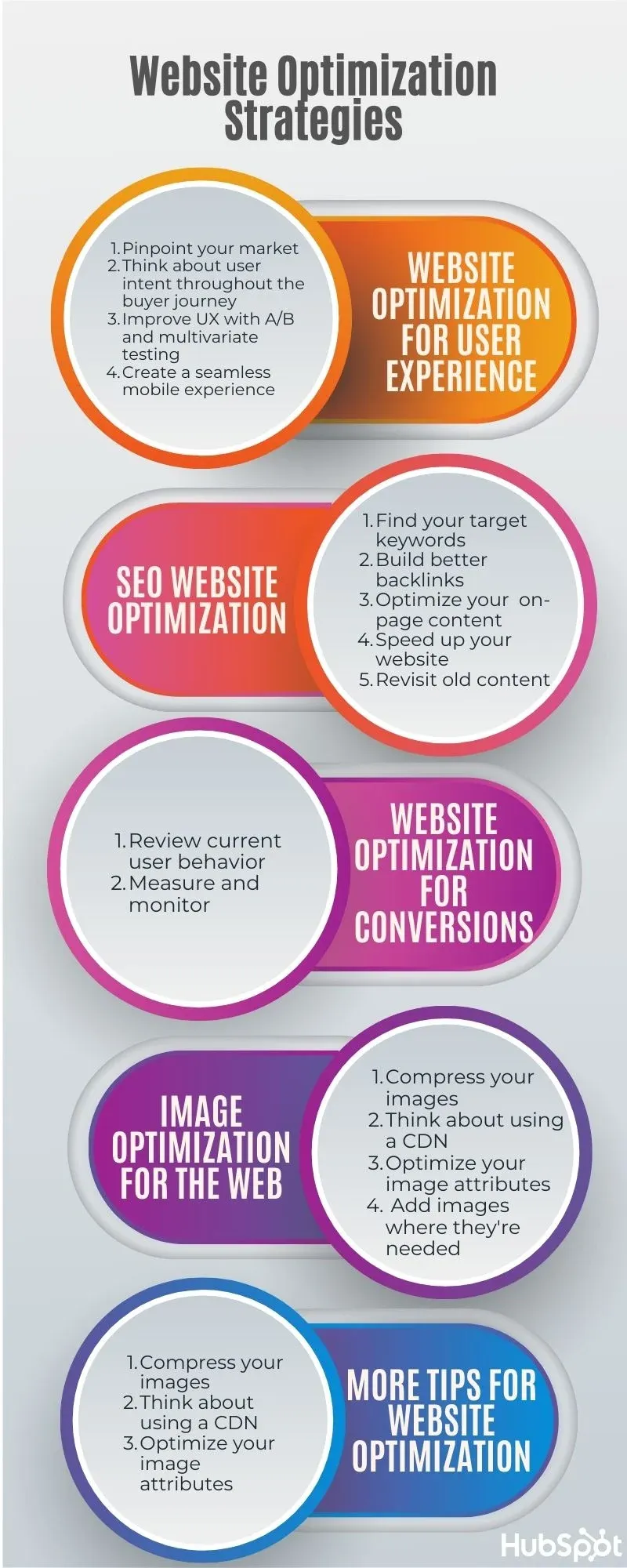
Ensure User-Friendly Design
An appealing user-friendly can significantly enhance your healthcare digital marketing efforts
- Easy Navigation: Your website should be easy to navigate. Patients should be able to find information quickly. For example, a clear menu with sections for services, patient testimonials, and contact information can help.
- Mobile Optimization: Ensure your site looks good and works well on mobile devices. Many patients will visit your site from their phones. A mobile-friendly design can improve their experience and keep them on your site longer.
Suggested Reading:The Complete Guide to Healthcare Chatbots
Implement SEO Best Practices
Optimize SEO with the best available practices for your healthcare digital marketing endeavours :
- Keyword Research: Use tools to find relevant keywords your patients are searching for. Integrate these into your website content.
- High-Quality Content: Regularly update your site with valuable content that addresses patient concerns. Blog posts, articles, and FAQs can help.
Tip 3: Leverage Social Media
Social media is a powerful tool for healthcare digital marketing. It allows you to engage with patients, share valuable information, and build a community. Here’s how to use social media effectively:
Choose the Right Platforms
Choose the most popular and apt platforms for your healthcare digital marketing campaigns:
- Popular Channels: Focus on platforms where your audience spends time. Facebook, Instagram, and LinkedIn are good options.
- Engagement Features: Use the features of each platform to your advantage. Live videos on Facebook can be used for Q&A sessions, while Instagram Stories can share quick health tips.
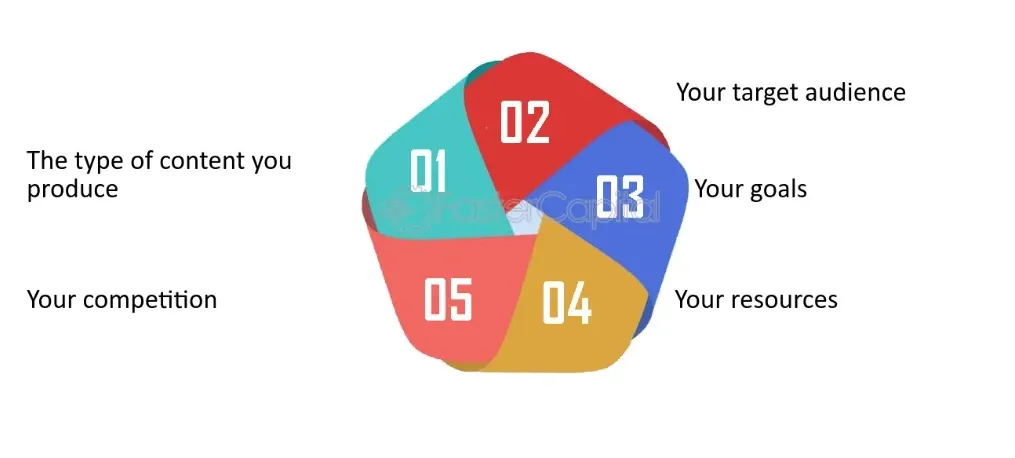
Create Engaging Content
Catch the audience's attention with engaging content in your healthcare digital marketing
- Visuals and Videos: Use images and videos to make your posts more engaging.
- Regular Posting: Consistency is key. Post regularly to keep your audience engaged. For example, a weekly health tip or a monthly patient spotlight can keep your followers interested.
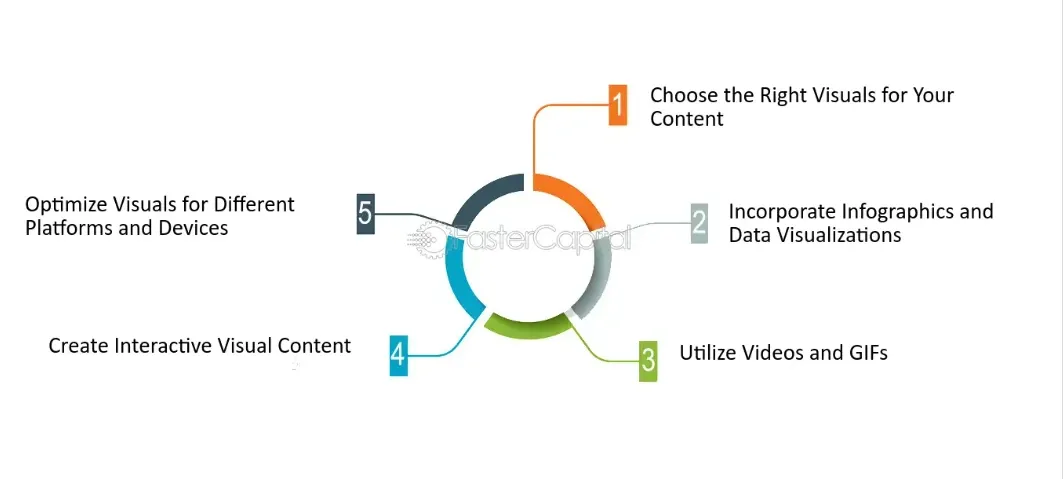
Interact with Your Audience
Engage with your audience and make them feel seen as part of your healthcare digital marketing
- Respond to Comments: Engage with your followers by responding to their comments and messages. For example, if a patient asks about flu shots, provide a helpful answer and link to more information on your website.
- Healthcare Chatbot: Implement a chatbot for healthcare digital marketing on your social media pages. For instance, a chatbot can assist patients in booking appointments or provide information about your services.
Tip 4: Implement a Chatbot
Chatbots in healthcare digital marketing can greatly enhance patient engagement and streamline operations.
Benefits of Chatbots
Chatbots like Bot-Penguin can streamline your healthcare digital marketing tasks:
- 24/7 Availability: Chatbots provide round-the-clock assistance. For instance, a patient with a late-night concern about medication side effects can get immediate help.
- Efficiency: Chatbots handle routine inquiries, freeing up staff for more complex tasks. For example, they can manage appointment bookings, reducing the burden on your administrative team.
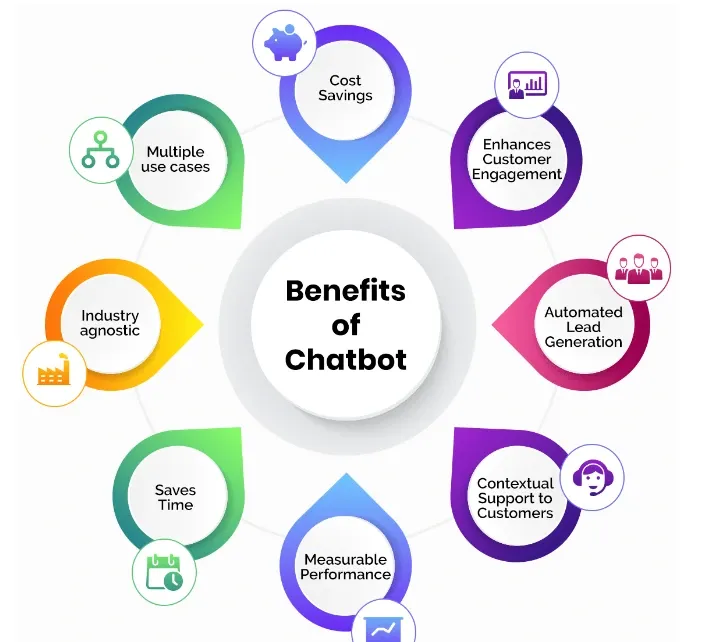
Various Platforms for Chatbot Implementation
Top chatbots like BotPenguin are omnichannel, allowing you to implement them across platforms for healthcare digital marketing tasks
- Website: Integrate a chatbot on your website to assist visitors with navigation and answer common questions.
- Social Media: Deploy chatbots on platforms like Facebook Messenger and Instagram to engage with followers. A chatbot for healthcare digital marketing can respond to messages, guide users to resources, and promote services.
- WhatsApp: Utilize WhatsApp for direct communication with patients. A chatbot can send appointment reminders and answer queries, ensuring patients are well-informed and engaged.
Real-World Applications
You can use the chatbot for several of your daily healthcare digital marketing tasks
- Appointment Scheduling: Chatbots can book and reschedule appointments efficiently. For instance, a patient can use the chatbot to find available slots and book an appointment without waiting on hold.
- Symptom Checker: Chatbots can provide preliminary assessments based on symptoms. For example, a patient experiencing cold symptoms can receive guidance on whether to seek medical attention.
Suggested Reading:11 Tips for Crafting an Effective Healthcare Marketing Plan
Tip 5: Invest in Content Marketing
Content marketing is crucial for healthcare digital marketing. It builds trust, educates patients, and enhances your online presence. Here’s how to leverage content healthcare digital marketing effectively:
Importance of High-Quality Content
Stand out from other healthcare digital marketing campaigns through unique high-quality content
- Patient Education: Provide valuable information that helps patients make informed decisions. For instance, a blog post about managing diabetes can offer tips on diet, exercise, and medication adherence.
- Building Trust: Consistent, high-quality content establishes your practice as a trusted authority. Patients are more likely to choose providers who demonstrate expertise and care through their content.
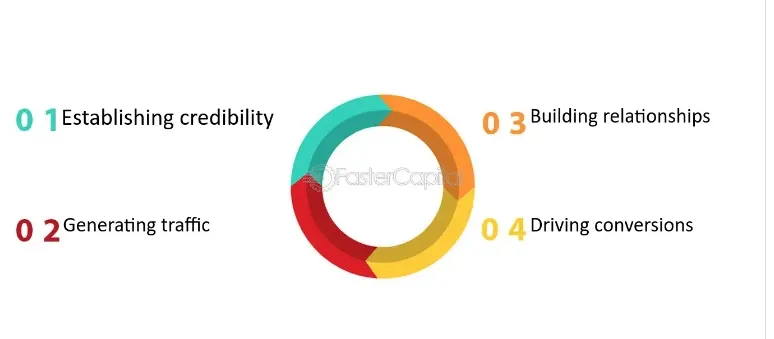
Types of Content
People like to consume different kinds of content today including
- Blog Posts: Regularly update your blog with informative articles. Topics can include health tips, treatment options, and patient stories. For example, a post about the benefits of regular health screenings can encourage patients to schedule check-ups.
- Videos: Create engaging videos that explain medical procedures, introduce staff, and share patient testimonials. A video tour of your facility can help potential patients feel more comfortable.
- Infographics: Use infographics to present complex information in an easy-to-understand format. For instance, an infographic on the importance of vaccination can visually convey key points.
Tip 6: Use Email Marketing Effectively
Email marketing is a powerful tool in healthcare digital marketing. It allows you to communicate directly with patients, providing personalized and relevant information. Here’s how to use emails effectively for healthcare digital marketing
Crafting Effective Email Campaigns
Make your emails personalised and generic so that your audience is interested in it
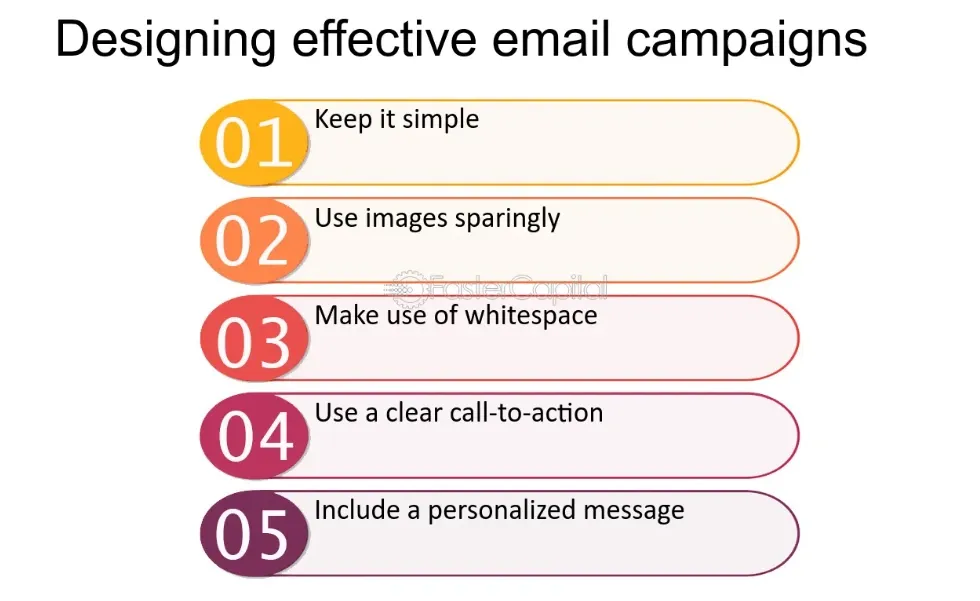
- Personalization: Personalize emails to make them more relevant. Use patient names and tailor content based on their interests.
- Valuable Content: Provide content that offers value to your subscribers. Include health tips, news about your practice, and patient success stories.
- Sign-Up Forms: Include sign-up forms on your website and social media. Offer incentives like free e-books or health tips.
- Patient Interaction: Collect email addresses during patient visits and through online interactions. Ensure patients know the benefits of subscribing, such as receiving appointment reminders and health updates.
Suggested Reading:Healthcare Marketing 101: The Ultimate Guide
Email Marketing Tools
Use the latest email marketing tools available including
- Automation: Use email automation tools to send timely messages. For example, automate appointment reminders and follow-up emails.
- Analytics: Track the performance of your email campaigns using analytics tools. Monitor open rates, click-through rates, and conversion rates.
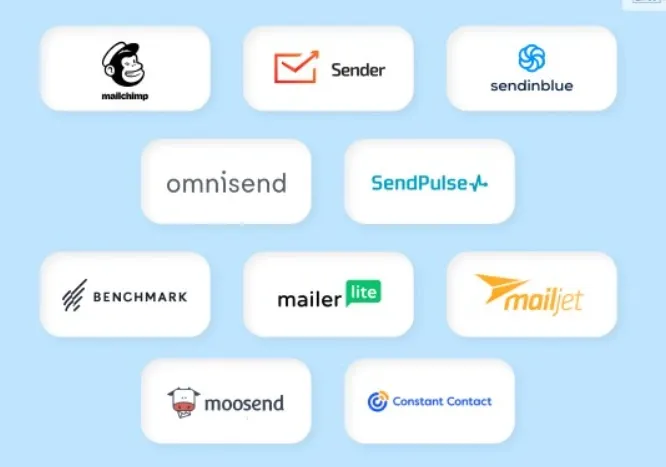
Real-World Applications
You can streamline everyday tasks like
- Appointment Reminders: Send automated reminders to reduce no-show rates. For example, an email reminder a day before the appointment can ensure patients remember their scheduled visit.
- Health Tips: Provide regular health tips to keep patients informed and engaged. For instance, a weekly email with tips on managing stress can benefit a broad audience.
Tip 7: Engage with Online Communities
Online communities are valuable for connecting with potential patients and building your practice’s reputation. Engaging with these communities allows you to share expertise, answer questions, and establish trust.
Importance of Online Communities
Engaging with dedicated online communities can help you meet your target audience directly :
- Patient Support: Online forums and social media groups provide a platform for patients to seek advice and support. For example, a Facebook group for diabetes management can be a place where patients share experiences and ask questions.
- Professional Networks: Engage with professional networks to share knowledge and stay updated on industry trends. Platforms like LinkedIn offer groups where healthcare digital marketing professionals discuss best practices and innovations.
Strategies for Engagement
You can boost engagement in many ways, here are some tips
- Join Relevant Groups: Identify and join groups related to your speciality. For instance, if you’re a paediatrician, join parenting forums and child health groups.
- Participate in Discussions: Actively participate by answering questions and sharing insights. For example, if a member asks about managing asthma in children, provide expert advice and link to a helpful resource on your website.
- Host Q&A Sessions: Organize live Q&A sessions on platforms like Facebook or Reddit. These sessions allow you to directly interact with the community.
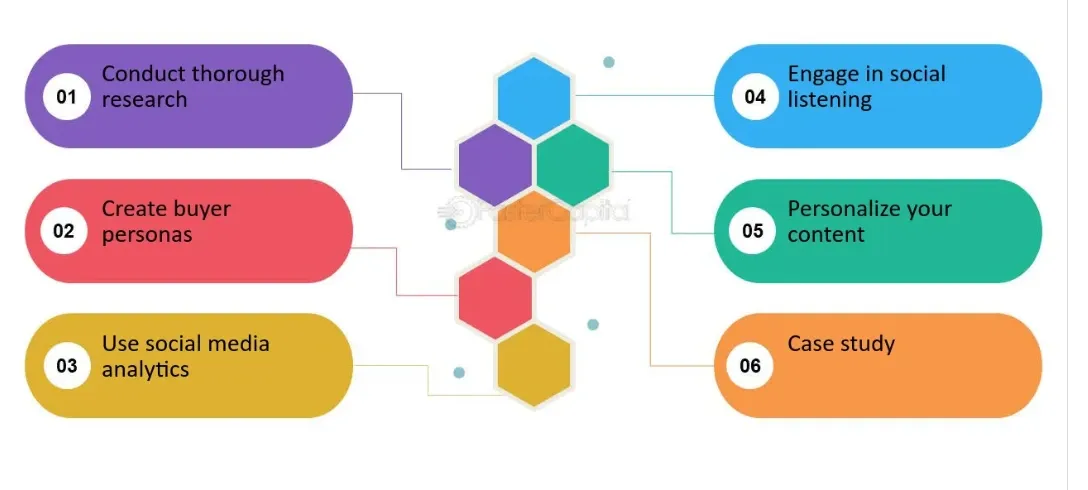
Tip 8: Monitor Your Online Reputation
Your online reputation significantly impacts your practice’s success. Monitoring and managing it ensures that potential patients see positive and accurate information about your services.
Importance of Online Reputation
It is important in today's age to craft a brand image in your healthcare digital marketing campaign
- Trust Building: Positive reviews and testimonials build trust with potential patients. For example, a glowing review about a patient’s experience with your clinic can influence others to choose your services.
- Patient Feedback: Online reviews provide valuable feedback that can help you improve your services.
Strategies for Reputation Management
Following are a few tips you can use to maintain your online reputation
- Monitor Reviews: Regularly check review sites like Google Reviews, Yelp, and Healthgrades. Set up alerts to be notified of new reviews. For instance, responding to a positive review with a thank-you message shows appreciation.
- Respond to Feedback: Address both positive and negative reviews professionally. For example, if a patient complains about long wait times, apologize and explain the steps you’re taking to improve.
- Encourage Reviews: Ask satisfied patients to leave reviews. For instance, a simple request like “We’d love to hear your feedback on Google” can encourage more reviews.
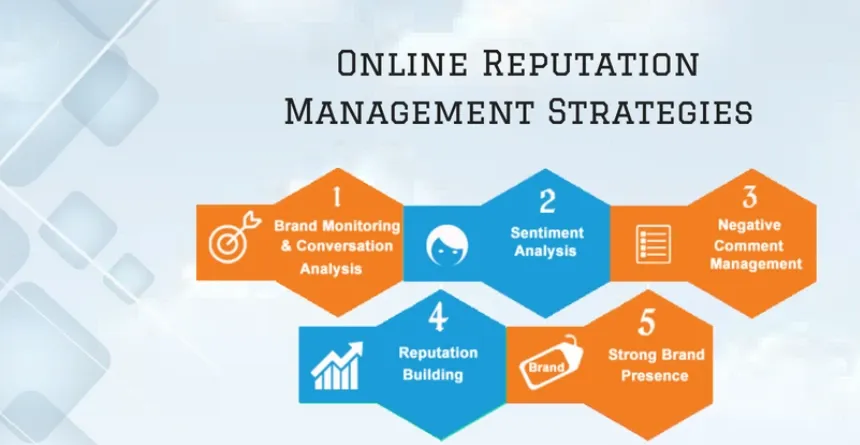
Tip 9: Analyze and Adjust Your Strategy
Regularly analyzing and adjusting your healthcare digital marketing strategy ensures that your efforts remain effective. Here’s how to approach this:
Importance of Data Analysis
Generate insights from data and refine your decision-making
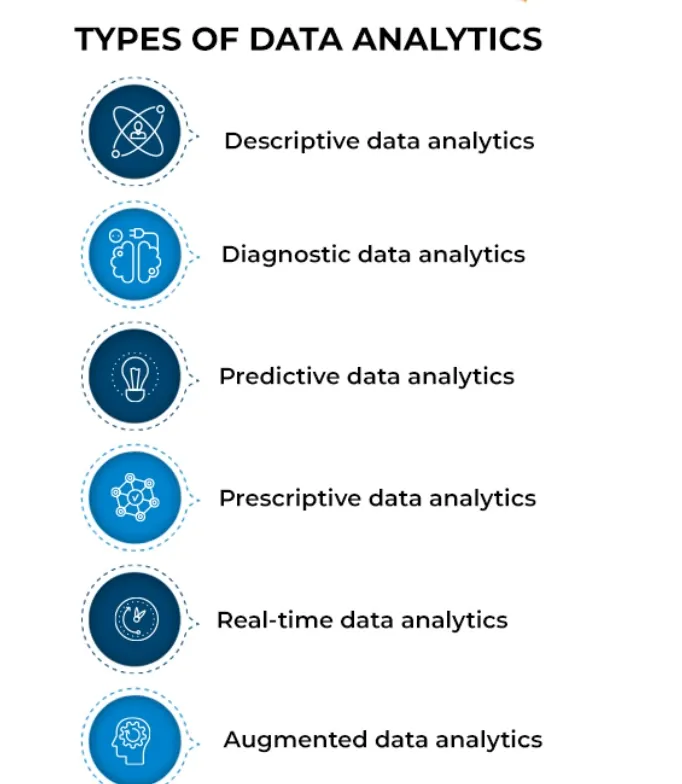
- Informed Decisions: Data analysis helps you make informed decisions about your healthcare digital marketing efforts. For example, tracking website traffic can reveal which pages attract the most visitors and which need improvement.
- Measuring Success: Use data to measure the success of your campaigns. For instance, analyzing email open rates and click-through rates can indicate the effectiveness of your email marketing efforts.
Suggested Reading:9 Tips to Boost Your Healthcare Marketing with WhatsApp Chatbot
Key Metrics to Track
Following are a few performance metrics
- Website Traffic: Monitor the number of visitors, their behaviour, and the sources of traffic. For example, if you see a spike in traffic after posting a new blog article, it indicates that your content is resonating with your audience.
- Social Media Engagement: Track likes, shares, comments, and follower growth on your social media platforms. For instance, if a particular type of post, such as patient testimonials, receives high engagement, focus on creating more similar content.
- Conversion Rates: Measure the rate at which visitors take desired actions, such as booking appointments or signing up for newsletters. For example, if your conversion rate is low, you might need to improve your call-to-action or website user experience.
Adjusting Strategies Based on Data
Analyze past performance based on the performance metrics and backtrack to optimize your results
- Refine Content: Use data insights to refine your content strategy. If certain topics or formats perform better, create more of that content.
- Optimize Campaigns: Adjust your healthcare digital marketing campaigns based on performance metrics. For instance, if a particular social media ad isn’t performing well, tweak the ad copy or target audience.
- Continuous Improvement: Regularly review and adjust your strategies. The healthcare digital marketing industry trends are always evolving.
Conclusion
Healthcare digital marketing might sound like a big, complicated puzzle, but with the right strategies, you can connect with patients in a more authentic, impactful way. From building patient personas to optimizing your website and boosting your social media presence, each tip we’ve covered is a step toward transforming your online presence. The digital world is where your patients are, and it’s time to meet them there!
Integrating a chatbot into your healthcare digital marketing practice can greatly enhance patient engagement and streamline operations.
If you’re looking for an easy and effective way to implement a chatbot for healthcare digital marketing, consider using BotPenguin. BotPenguin allows you to create powerful chatbots for multiple platforms such as WhatsApp, Facebook, Instagram, and your website, without any coding knowledge.
Now that you’ve got these 9 tips in your toolkit, why not start putting them into action? Whether you’re looking to attract new patients or strengthen your relationship with existing ones, your next step could be a game-changer. Dive in, test out these strategies, and watch your healthcare practice thrive in the digital space!
Frequently Asked Questions (FAQs)
What are the benefits of implementing a chatbot in healthcare digital marketing?
Chatbots provide 24/7 assistance, streamline appointment scheduling, and answer common patient queries. They enhance patient engagement and free up staff to handle more complex tasks, improving overall efficiency.
What are key strategies for healthcare digital marketing?
Focus on patient-centric content, SEO, social media engagement, email marketing, and online reviews. Use data analytics to refine strategies and target specific demographics.
What is the importance of online reviews in healthcare digital marketing?
Positive online reviews build trust and attract new patients. Encourage satisfied patients to leave reviews and respond professionally to negative feedback to improve your reputation.
What are common challenges in healthcare digital marketing?
Challenges include maintaining patient privacy, navigating strict regulations, creating engaging content, and managing online reputation. Address these by staying informed on regulations and using a patient-first approach.

